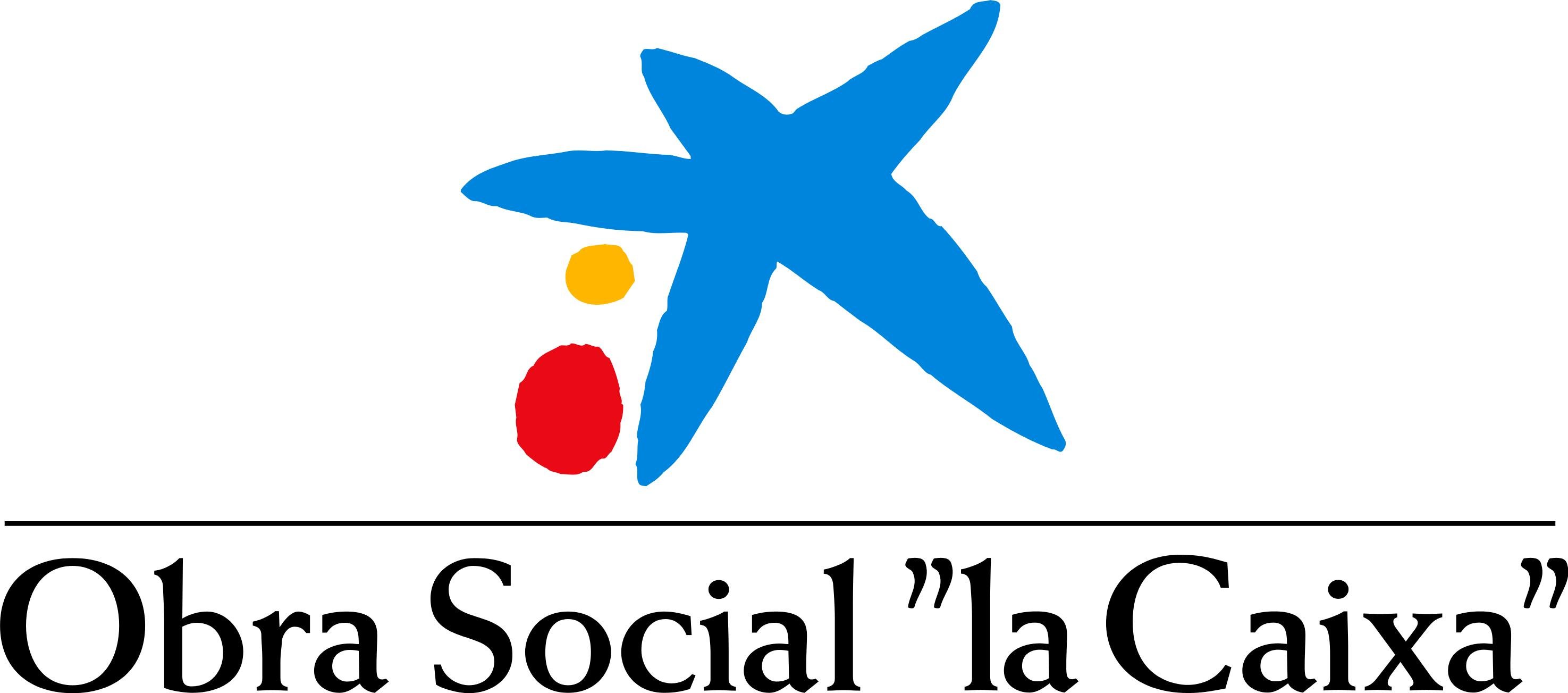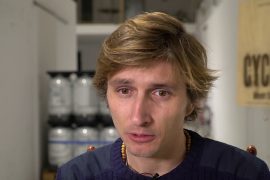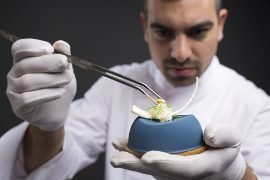[dropcap letter=”W”]
hen we think of bacteria, we think of organisms that make us sick and force us take antibiotics, but we have discovered that they also have a very positive influence on our health”, explains Vidal Ribeiro, the director of this research on intestinal microbiota. “When in the laboratory we grew bacteria-free mice by giving them antibiotics, we saw that they were more anxious, depressed and more likely to get sick than others, suggesting that intestine bacteria are very important for the proper physical and cerebral functioning“, he says.
 In fact, these bacteria are so important for the brain that they can even decide what shall we eat! “By studying fruit flies, we have realized that there are two key bacteria in nutrition, when decision making. If the animal has them in its intestine, shows no need to eat protein. And if the animal does not have them, decides to take proteins”, says Vidal. But how do microbes in the intestine communicate, then, with the brain? “We know that bacteria produce substances that reach the brain and influence it. But we still do not know what those substances are. This is what will allow us to study the grant of Obra Social “la Caixa”. When we discover it, we can use the bacteria to optimize our nutrition, and thus prevent and treat diseases such as obesity and depression”.
In fact, these bacteria are so important for the brain that they can even decide what shall we eat! “By studying fruit flies, we have realized that there are two key bacteria in nutrition, when decision making. If the animal has them in its intestine, shows no need to eat protein. And if the animal does not have them, decides to take proteins”, says Vidal. But how do microbes in the intestine communicate, then, with the brain? “We know that bacteria produce substances that reach the brain and influence it. But we still do not know what those substances are. This is what will allow us to study the grant of Obra Social “la Caixa”. When we discover it, we can use the bacteria to optimize our nutrition, and thus prevent and treat diseases such as obesity and depression”.
Even more, the doctor also states that since microbiota has an influence on nutrition, it also has it in non-nutritional decisions. “For example, we make very different decisions depending on whether we are hungry or not. When hungry we are anxious, we have less patience. And the brain we have is one and the same; we do not have one to eat and another to play, all decisions come from it. So, these factors end up influencing many of the decisions we make every day”.
Although there is still much to investigate, especially in humans, experts increasingly agree that it would be possible to improve our health and well-being by ingesting the correct bacteria. That is why there are already therapies based on the modification of the patient’s microbiota. “I am convinced that a very important part of the future therapies will be personalized therapies that take into account microbiota and nutrition”, says the researcher, who also believes that these therapies will become “very powerful combined with chemotherapy in the treatment against cancer”.
For the moment, to keep the macrobiota healthy and therefore a good health, Vidal Ribeiro recommends “keeping a balanced and diverse nutrition, rich in fibre (because the microbiota uses fibres), not excessively high in fats and sugars, and with little meat and processed food. Or, as a friend of mine says, we should not eat food that our grandparents could not recognize” he concludes, joking. But the expert assumes that in addition to the what, we must take care of how we eat: “Being hygienic, but not excessively (we do not live in a sterile world!), eating with moderation and doing it surrounded by people we like, that will also help our brain”.
Now, what is only left, for him, is to progress on the research with the team that he is so proud of, until he reads in the newspapers the headline of his dreams: “Scientists have discovered the formula of optimal nutrition for the human brain”.
You can read more stories like this on ALMA, the social social media, a digital space devoted to the social field, which brings a new look at the present and the future of society, from an optimistic and diverse point of view, and from all the initiatives that “la Caixa” Foundation promote.




















